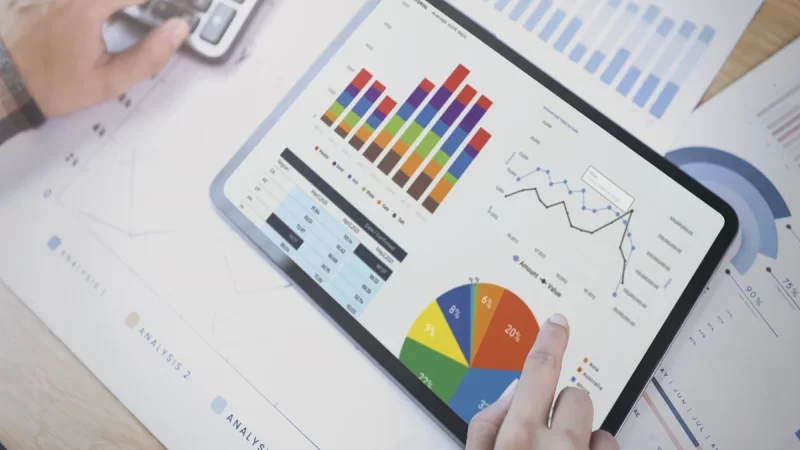Google Analytics 4 (GA4) Leaves 75% of SEOs Dissatisfied

The digital landscape is constantly evolving, with advancements in technology reshaping the way businesses operate online. One such aspect is website analytics, which provides crucial insights into user behavior, content performance, and overall website health. Google Analytics, a widely used platform for tracking and analyzing website data, introduced its latest iteration – Google Analytics 4 (GA4) – with the promise of improved features and more accurate tracking. However, recent data indicates that GA4 has left 75% of SEO professionals dissatisfied.
The Transition to GA4
In October 2020, Google introduced GA4 as a successor to Universal Analytics. With GA4, Google aimed to provide a more comprehensive and future-oriented solution for website tracking. The new version introduced event-based tracking, machine learning capabilities, enhanced cross-device tracking, and improved user journey mapping. While these advancements seemed promising, the transition to GA4 hasn’t been without its challenges.
Shortcomings and Dissatisfaction
- Steep Learning Curve: GA4 introduced a new interface and event-based tracking, which required SEO professionals to adapt to a different workflow. The transition has proven to be challenging for many, requiring them to invest time and resources in learning the new system from scratch.
- Data Discrepancies: Users have reported discrepancies between GA4 and their previous analytics data, raising concerns about data accuracy. This inconsistency hampers the ability to compare historical data, affecting strategic decision-making.
- Limited Historical Data: GA4 doesn’t allow seamless integration of historical data from Universal Analytics, which makes it difficult for businesses to perform year-over-year analysis and track long-term trends accurately.
- Customization Constraints: While GA4 offers greater flexibility in creating custom events, many users find the customization options to be complex and not as intuitive as anticipated. This can hinder SEO professionals’ ability to track specific user interactions effectively.
- Reporting Challenges: The reporting interface of GA4 differs significantly from the previous version, which has led to confusion and difficulties in generating and interpreting reports. Users are struggling to find familiar metrics and dimensions, impacting their ability to analyze data efficiently.
- Lack of E-commerce Features: E-commerce businesses have expressed dissatisfaction with the e-commerce tracking capabilities of GA4. The absence of certain features that were available in Universal Analytics makes it challenging to monitor and optimize online sales effectively.
Key Takeaways
While Google Analytics 4 promised to revolutionize website analytics with its advanced features and capabilities, the transition has not been smooth for many SEO professionals. The reported dissatisfaction, stemming from challenges in adapting to the new interface, data discrepancies, limited historical data integration, customization constraints, reporting difficulties, and e-commerce feature gaps, highlights the gap between expectations and reality. As Google continues to refine GA4 based on user feedback, it remains to be seen whether these issues will be effectively addressed, and whether the platform can truly meet the diverse needs of SEO professionals in the evolving digital landscape.
FAQs:
SEO professionals are dissatisfied with GA4 due to its steep learning curve, data discrepancies, limited historical data integration, customization constraints, reporting challenges, and lack of certain e-commerce features. These issues have hindered their ability to effectively track, analyze, and optimize website performance.
In October 2020, Google introduced GA4 as the successor to Universal Analytics. The transition involves adapting to a new interface, event-based tracking, and utilizing machine learning capabilities for enhanced insights. However, this transition has proven challenging for many SEO professionals.
SEO professionals face challenges in adapting to GA4’s new interface and event-based tracking system. They need to invest time and resources to understand the new workflow and custom event creation, leading to a steep learning curve.
Users have reported inconsistencies between data from GA4 and their previous analytics platform. These discrepancies raise doubts about data accuracy and make it difficult to compare historical data, impacting strategic decision-making and analysis.
GA4 does not allow seamless integration of historical data from Universal Analytics. This limitation makes it challenging for businesses to perform year-over-year analysis and track long-term trends accurately.







